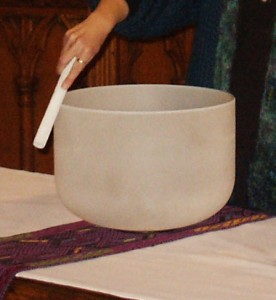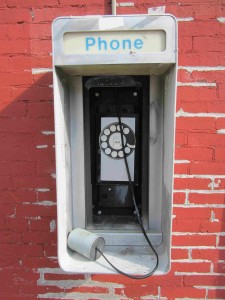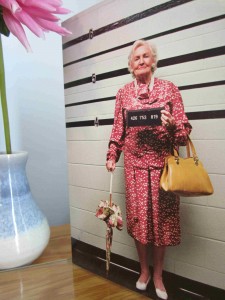Rather than posting a blog of my own writing this week, I’d like to share with you a wonderful resource I recently came upon through Shambala Sun‘s website. In case you aren’t familiar with it, Shambala Sun is a magazine that features teachings from the Buddhist and other contemplative traditions.
This free eBook (PDF), The Mindfulness Sampler, contains chapters by some of the pre-eminent teachers of mindfulness in our day, such as Thich Nhat Hanh, Pema Chodron, Jack Kornfield, and many more, all writing about the power of awareness in daily life.
You can access the PDF here: The Mindfulness Sampler.
Peace,
Patricia






